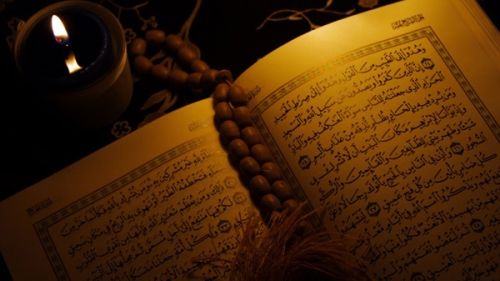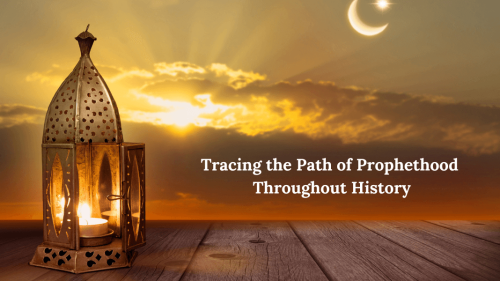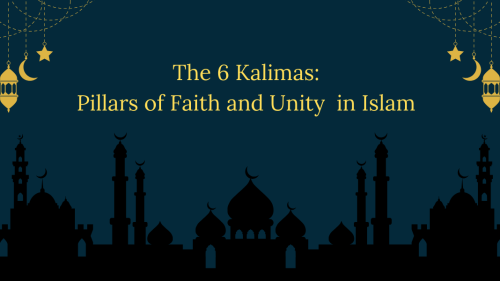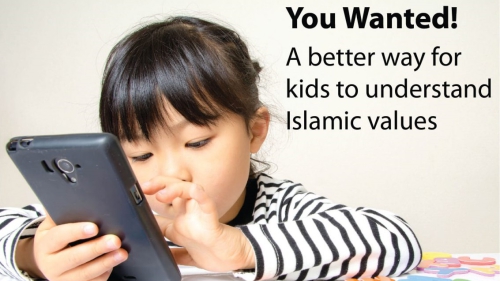Analysis of America's most diverse religious community
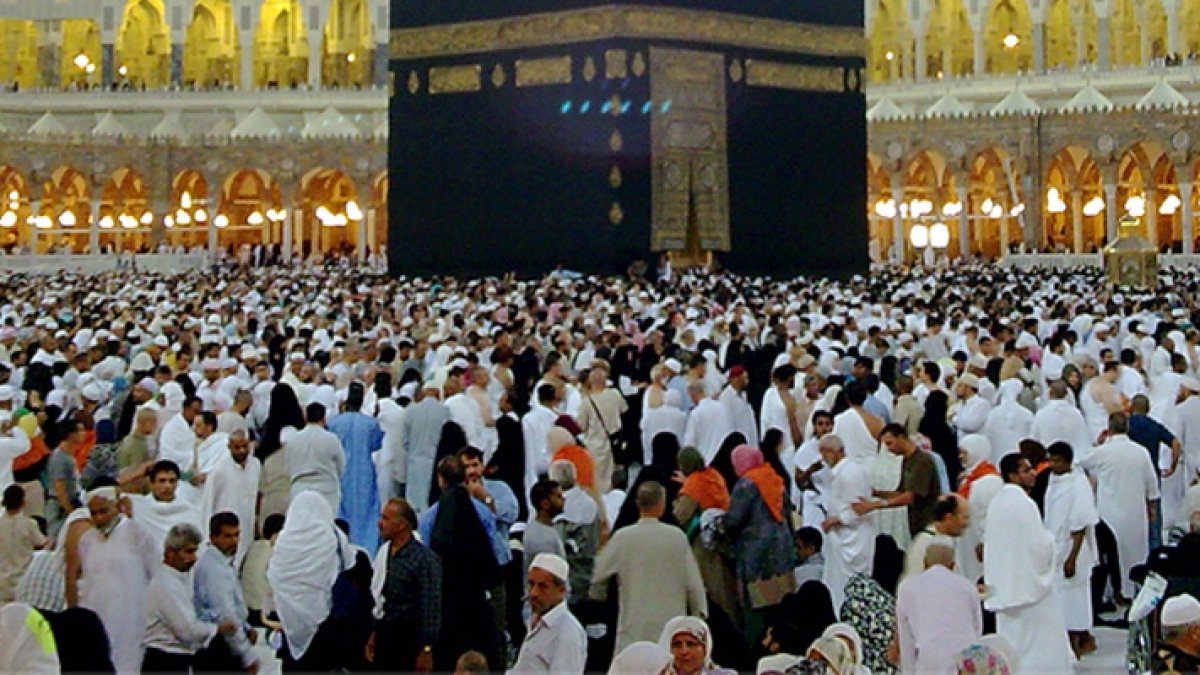
Reporting from Washington -- A study of Muslim Americans released Monday presents a portrait of an often misunderstood community -- one that is integrated socio-economically but culturally alienated; that succeeds in the workforce but struggles to find contentment.
The numbers suggest economic and career success among Muslim Americans -- they have a higher employment rate than the national average and are among the nation's most educated religious groups. Yet only 41% described themselves as "thriving."
And though the report by the Gallup Center for Muslim Studies states that Muslim Americans are more likely than the general public to hold a professional job, they expressed less satisfaction with their standard of living and community.
The disparity is a sign of the alienation some Muslim Americans may feel, experts say. Ahmed Younis, a senior analyst for the center, said some Muslim Americans feel a sense of "otherness" created by outside perceptions of their religion and a lack of involvement in their larger community.
Three-quarters of Muslim Americans polled said they were satisfied with their community, as opposed to nearly 90% among respondents from other religions. They also were less optimistic about the future of their communities. Muslim Americans ranked highest among American religious groups who believed their communities were getting worse.
The data reflect the responses of 941 Americans who identified themselves as Muslim in a survey of more than 300,000 Americans over the course of 2008. The nonpartisan research center is affiliated with the Gallup polling organization.
 |
| Click here to see more data |
"There's no doubt that there is a certain sense of isolation and alienation -- there's no doubt," said U.S. Rep. Keith Ellison (D-Minn.), the first Muslim elected to Congress.
One reason for this may be because Muslim communities revolve around the mosque, Ellison said in an interview after the report's release. The key to a better-integrated Muslim American community, he said, is to make the mosque more welcoming for non-Muslims.
Muslim Americans ages 18 to 29 in particular reported discontent with their jobs and communities.
On average, those youths were unhappier, angrier and less optimistic than their peers in other religions, according to the report.
Only 78% of young Muslims reported having smiled or laughed the day before, while nearly 90% of Protestants, Catholics and Jews of the same age said they had.
A great deal of the emotional turbulence among young Muslims is due to the stereotypes and suspicion of Islam since the Sept. 11, 2001, terrorist attacks, experts say.
"I can only imagine a 10- or 12-year-old getting the type of questions I get" about Islam, said Suhail Khan, a board member of the American Conservative Union and former public outreach aide in George W. Bush's administration. "I grew up in the '70s and '80s, and it wasn't an issue. It just wasn't."
Khan described Muslim Americans' integration into American society as a long, slow process tainted with discrimination and stereotypes, but one that other minorities have overcome.
"There is no doubt in my mind that we will not only see an end to the discrimination and the fear-mongering," Khan said, "we'll soon look back and wonder why some of this even went this far."
Source: Los Angeles Times
| Muslim Americans: A National Portrait represents the first-ever nationally representative study of a randomly selected sample of Muslim Americans. The results shed light on one of the most diverse religious groups in the United States, reflecting the economic, racial, and political diversity within America itself. This study allows the reader to better understand the perspectives of Muslim Americans on "kitchen table" issues, from the economy to emotional well-being, while comparing them with other religious and racial groups in American society. |
| The entire report is available at www.MuslimWestFacts.com. |






